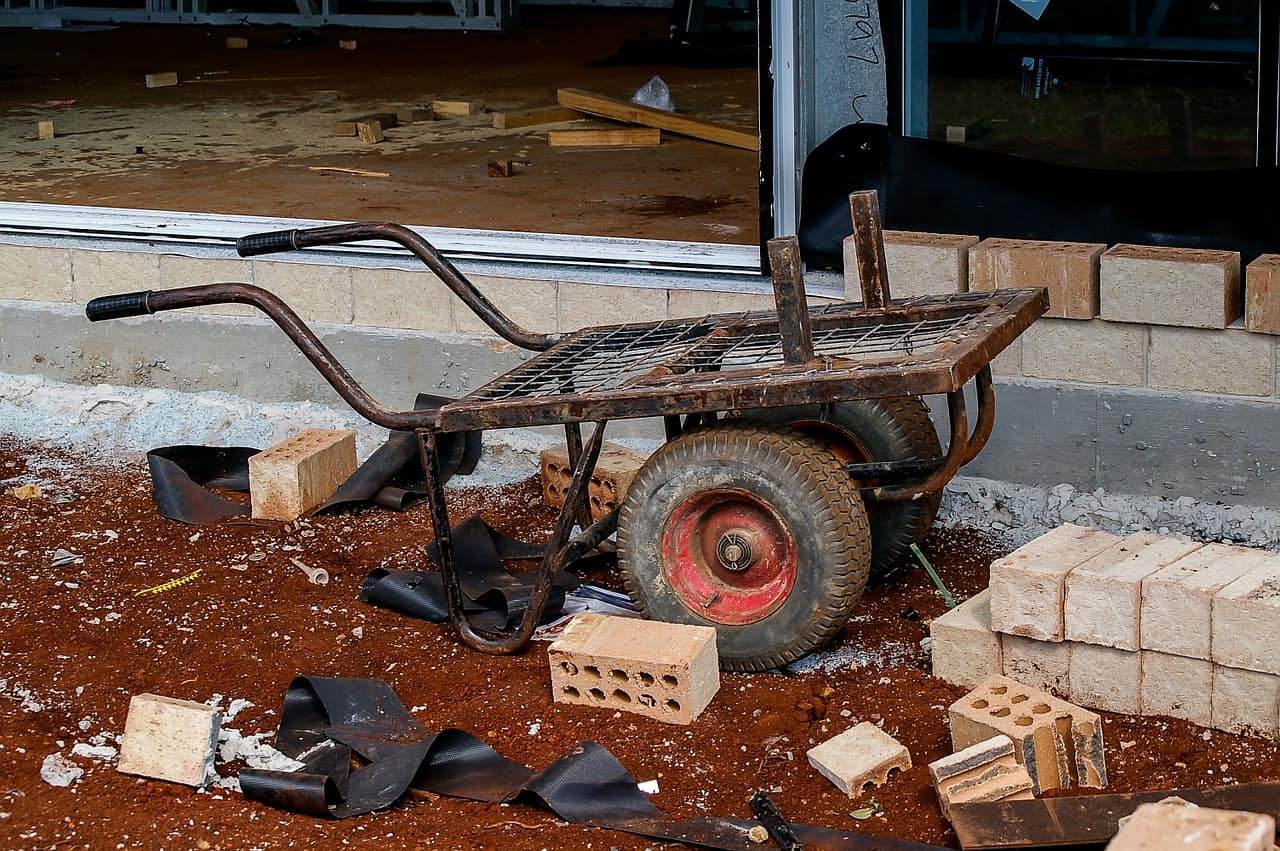Renovating a home can be a daunting process. However, making improvements to your space is often unavoidable. Every part of a house has a certain lifespan, and you simply can’t postpone it forever if you want to keep feeling comfortable and continue living at a certain standard. Upgrades are also an excellent way to boost your home’s value, should you ever decide to sell it.
But renovations aren’t cheap, and finding the funds to manage them is often the most challenging part. Even if you have the best ideas and reliable contractors, you won’t go far without cash in hand. Money is the lifeblood of every home improvement project, so you should do what’s necessary to secure the necessary amount.
Luckily, there are a few smart ways to budget for a home renovation. Continue reading the article below to learn about different possibilities and to benefit from them.
Choose the Most Important Projects
If you haven’t renovated your home in quite a while, there is probably a long list of various improvements you’d like to tackle at once. However, even the smallest projects, like changing the doors or painting a few rooms, can add up quickly and leave you with a significant bill to pay. That’s why you should go through your list and prioritize the improvements that need to be done first.
This way, it doesn’t matter where your money comes from. Whether you get the funds by taking a personal loan or thanks to advance inheritance funding, you can take care of the most important renovations first.
For instance, if left unrepaired, a leaky roof can cause damage to the structure of your house. That’s why you should use the money you have now to fix the significant and most expensive issues. If there’s anything left, you’ll be able to continue the renovations and resolve minor issues. Still, these “small” projects can wait till next year, but a damaged roof needs to be fixed as soon as possible.
Shop Around and Compare Prices
Different contractors have different prices, so don’t feel obliged to settle on the first offer you see. The more research you do before starting the renovations, the better for the state of your bank account. Take your time and use it to find contractors that offer a fair price for their services. If you don’t have experience or are unsure what a “fair price” means in the world of home improvements, you can always ask your friends, family members, or neighbors for advice.
The same applies to shopping for supplies and furniture. There’s no reason to overpay for things that are not worth their price or can be bought for less if you wait a few weeks. You can even start shopping in advance if you’ve got your mind set on certain designs or items.
Let’s say that a beautiful hot pink velvet sofa caught your eye in the store, but it costs an arm and a leg. You don’t have to buy it right away! In most cases, it’s a good idea to wait until the end of winter (January and February) or the end of summer (August and September). That’s because these are the months when retailers often discount the old stock or put it in on clearance. This allows you to shop smart and save money.
Recycle and Reuse
Today, sustainability is so much more than just a passing trend, and when done the right way, it can help you save money. For example, if you want to update your kitchen and can’t get away with using the same old appliances for much longer, but your cabinets are still in good shape, there’s no need to get rid of them.
You can completely revamp old and crusty cabinets to fit the current trends in just a few days. All you need to do is sand them, choose the right color, paint the bare wood, and replace the handles. Yes, it’s really that easy! The only downside of the process is waiting for the paint to dry, especially if you’re using a pale color and need to apply a few coats, but the result will definitely be worth it.
Another great idea is to visit your local thrift stores, check platforms such as Facebook Marketplace or Craigslist, and keep up with the garage sales in your neighborhood. You can get excellent deals on furniture and decorations.
Sell Things You Don’t Need
Home renovations are often the perfect opportunity to go through the stuff you don’t use or need anymore. If you’re going to replace the light fixtures in the whole house, don’t throw the old ones away. Instead, give them a good clean and list them online. Sites like Etsy, OfferUp, or AptDeco are just waiting for you to start selling.
Even if it turns out that nobody wants your junk, you can still make some money. The dumpster is not the place for materials that may interest scavengers or can be sold at scrapyards for cash. Sure, you probably won’t make thousands of dollars this way, but it may just be enough to pay for that brand-new sash window you want to install in your bedroom or allow you to buy that beautiful yet pricy Anthropologie area rug.
In Conclusion
As you can see, home improvements don’t need to leave you with a hole in your wallet. You should avoid getting into debt just to finish every single project at once or spending money on things you can’t afford just because you want them in your house.
Instead, follow the tips above to manage your funds better and still be able to finish the most important part of the renovation. Start by preparing a list of all the projects you want to tackle and then choose the ones that should have priority over the others.
When hiring contractors or shopping for supplies and furniture, always compare prices and look for the best deals. You can also give old things a new life with a bit of time and DIY skills or make extra cash by selling the things you no longer need.
Good luck and happy renovating!
Discover more from Futurist Architecture
Subscribe to get the latest posts sent to your email.




